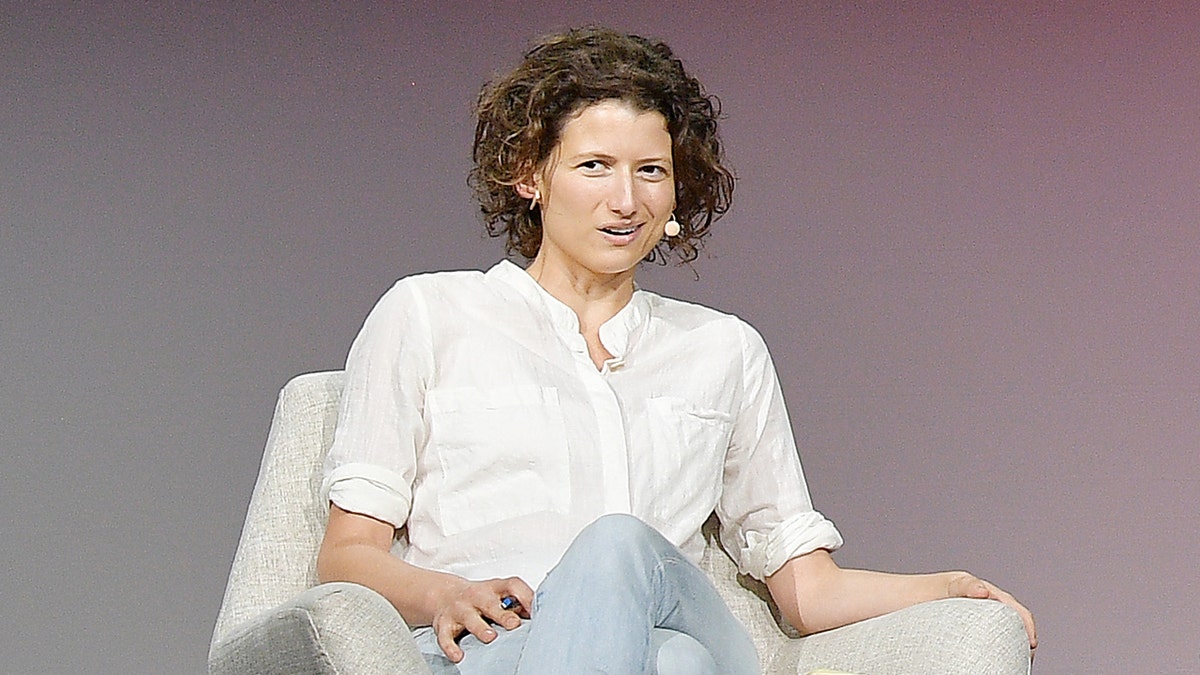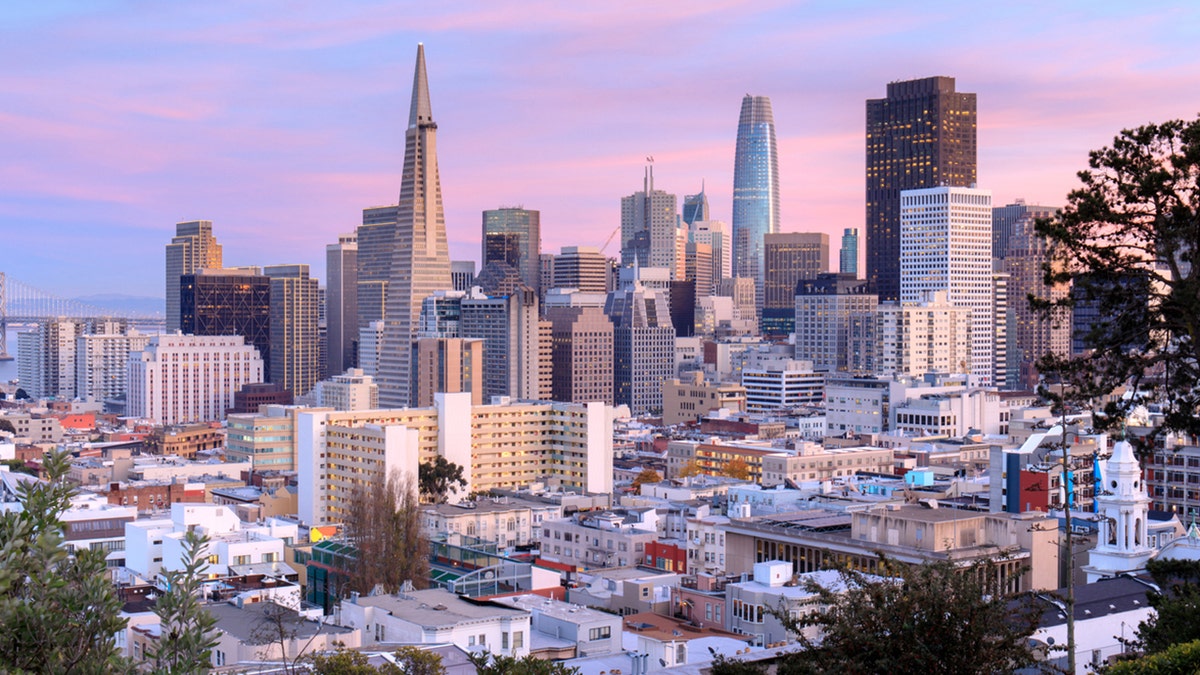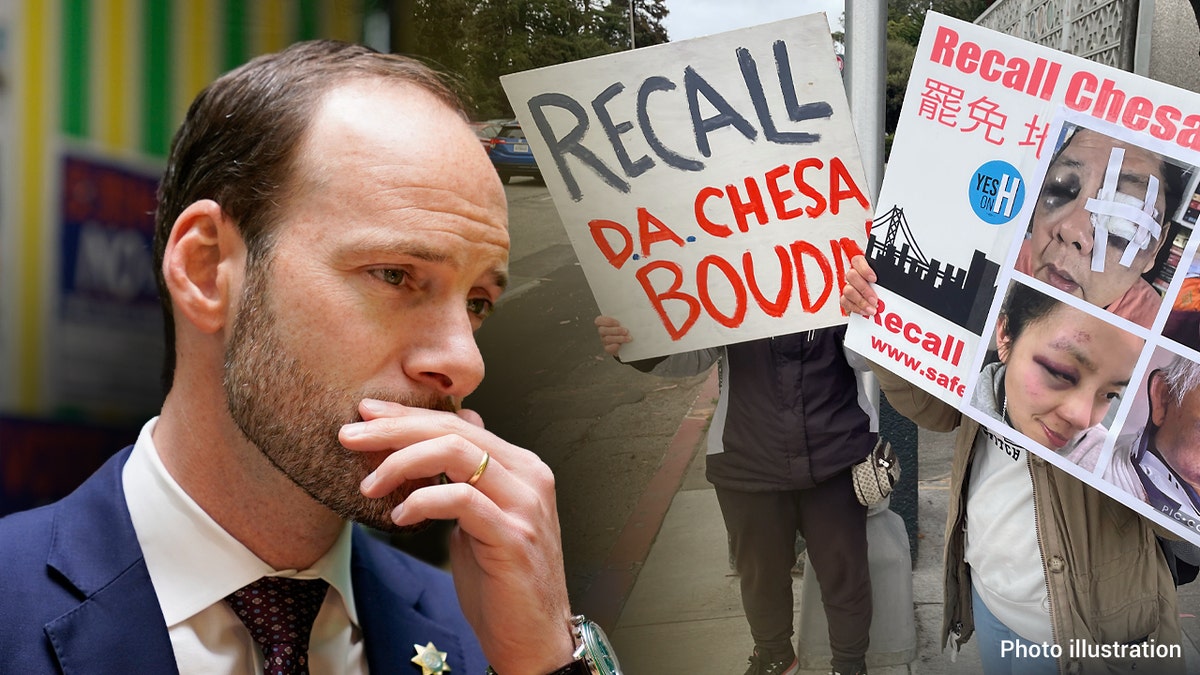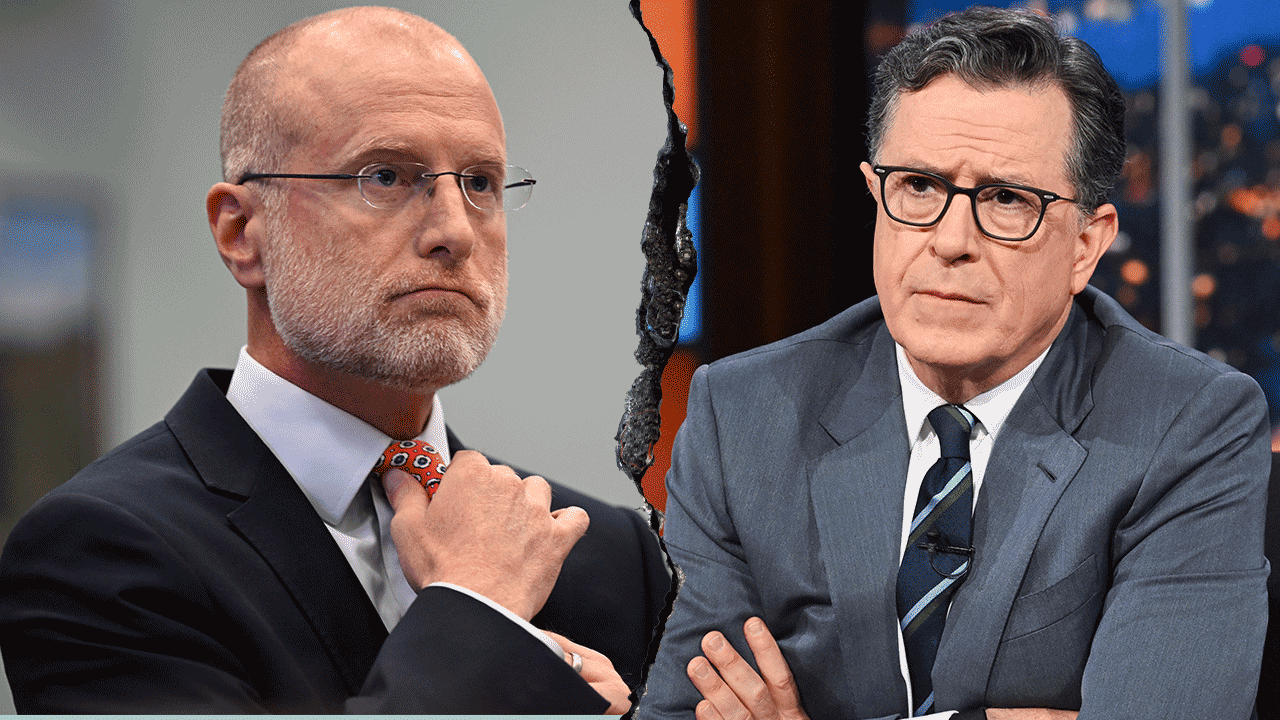Nellie Bowles On How She Broke Away From Being A Part of Cancel Culture
Nellie Bowles joined The Brian Kilmeade Show & discussed how she was a willing part of cancel culture to realizing the movement went too far and how it ties into her new book "Morning After the Revolution: Dispatches from the Wrong Side of History"
The Free Press co-founder and columnist Nellie Bowles argued the far-left "revolution" has successfully overtaken American cities and institutions across the country, but she remains hopeful that "normal people" are fighting back.
In her new book "Morning After the Revolution," Bowles documents how the leftist "movement" she once was a part of has gained so much traction in recent years and how concepts like abolishing police and trans ideology were quickly becoming mainstream.
Bowles, a former reporter for The New York Times, says her book came to fruition after the Times repeatedly hindered her journalistic curiosities, like attempting to discourage her from covering Seattle's disastrous autonomous zone CHAZ in 2020.
"For me, it was not an option to not write about this stuff," Bowles told Fox News Digital in an interview. "These are really amazing stories and I just couldn't sit them out. I couldn't not do them. And so, when I decided to leave the Times, I also decided to write this book. That's basically a simultaneous thing because I just had no other option in terms of I have to keep writing, I have to keep covering this."
"And it was my inability to cover this stuff and the social pressure that was happening within the Times that was saying ‘stop’ and 'don't be curious about this and ignore these stories 'that made me realize I had to leave in the first place," she added.

"Morning After the Revolution" author Nellie Bowles remains hopeful that "normal people" are pushing back against the progressive takeover of American institutions. (Matt Winkelmeyer/Getty Images for Dropbox)
The ideological capture of news organizations, universities, corporate America, and major cities across the country as Bowles outlines in her book seems evident to many. But Bowles is optimistic.
"I think that there is a group of normal people in America, the vast majority of Americans are normal, sensible people. And they don't want the most radical right-wing policies or the most radical left-wing policies. They just don't. And our partisan media wants to pretend that they do, and it's just a lie," Bowles said. "And the best example, to me, is San Francisco."
FORMER NY TIMES REPORTER MOCKS PAPER'S ‘DISINFORMATION’ WATCHERS WHO VIEWED HER AS A PROBLEM
San Francisco, Bowles' hometown, is what she describes as the "cliché of the progressive city" virtually entirely populated by far-left liberals. But what has unfolded within this "liberal world" is a battle between standard liberals and far-left progressives.
"You had a small faction of activists who used social media and used radical chic propaganda to convince the normal people of San Francisco to embrace very radical ideas," Bowles said. "And so you saw the banning of eighth grade algebra. You saw a district attorney who came in saying he wasn't going to prosecute drug dealers. You saw these kinds of bizarre politics emerge. And at a certain point, the immune system of the city kicked in."

Bowles says her hometown of San Francisco is the "cliché of the progressive city" but even there, the far-left policies are getting pushback. (iStock)
The left-wing politics in San Francisco was rocked by two historic recall efforts in 2022. The first was the removal of three school board members and the second was the ousting of progressive District Attorney Chesa Boudin.
"What really happened is a school board called the Asian parents ‘white supremacists.’ And it really pissed off the Asian community of the city. And that group then organized the rest of the normals, like the rest of the politically sane," Bowles told Fox News Digital. "And I find it extremely inspiring and hopeful because to me, if even San Francisco can go through a moderate reformation, then the fringes aren't as powerful as they want us to believe."
"A lot of people said, 'If you argue for eighth grade algebra, you're a racist.' And for a while, that scared people away. That really worked. No one wants to be called that. It's a horrible thing to say. It's a horrible thing to be called. At a certain point, though, enough San Franciscans said that's not true. And all of a sudden, it didn't stick anymore. It didn't work. And so you had a revolution of sensible people saying, 'Eighth grade algebra is not racist, and we're done with this s---.' And to me, it was extremely hopeful."

Bowles cited the ousting of San Francisco's far-left District Attorney Chesa Boudin, who was removed in a historic recall effort in 2022, a victory for "moderate reformation." (AP Photo/Eric Risberg | AP Photo/Haven Daley)
CLICK HERE TO GET THE FOX NEWS APP
Bowles pointed to drug legalization reversals in places like Oregon as another example of normalcy being restored in liberal bastions overtaken by the far-left.
"You see a large movement of people saying, 'Gosh, drug legalization isn't working like how all you activists said it was gonna work. You said it was going to be hunky-dory. You said that this was going to be more humane, that people would get clean faster. And instead overdoses have risen. So something's not adding up.' And people are asking to look at reality versus the rhetoric. And that's really hopeful to me, and very exciting," Bowles said.
She continued, "We can debate whether the revolution won or not. I think in many ways it did, and I think that it's embedded in our institutions. But there is certainly a movement now in places like San Francisco, in Portland, in the uber-liberal cities, the most cliché progressive spaces, there is a movement that says we're done with radicalism and with the radical chic of it all. And I do find that hopeful and exciting."









































